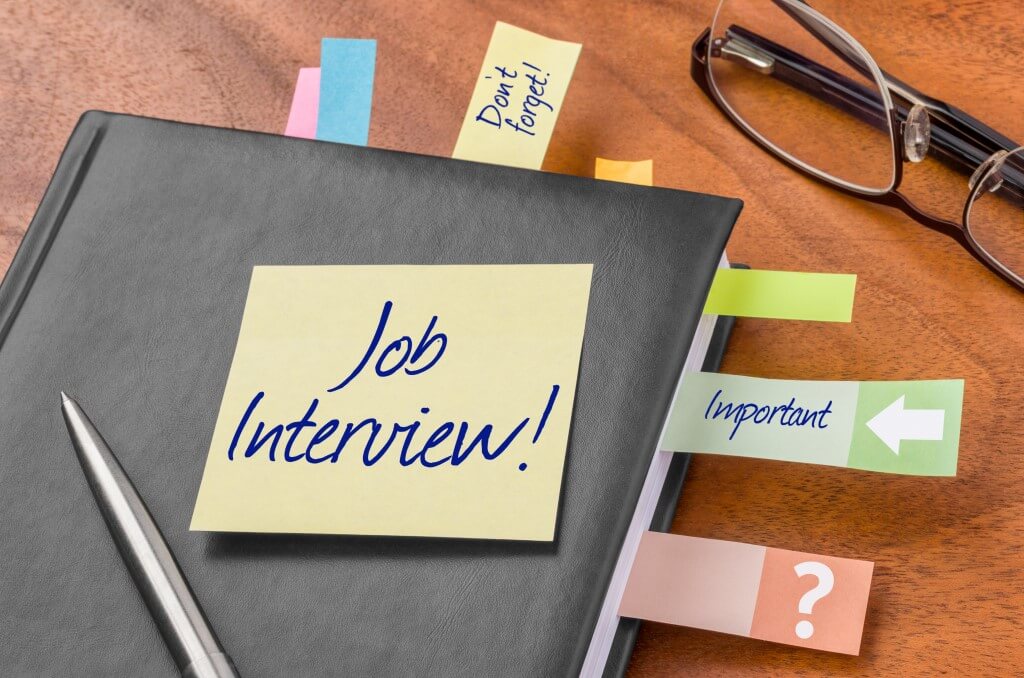By a second interview, you have filtered out candidates who don’t fit the role, and now it’s time to interview ones with whom you most certainly will be working soon.
Although tech leads tend to weigh coding skills more heavily, interpersonal skills you’re going to interview for in a second interview are just as important. For someone in the role of a software developer, it’s essential to have such skills as critical thinking, problem-solving, self-organization, and teamwork. It’s also important to estimate whether a candidate fits in well with your team and company culture.
Because when you have several equally skilled candidates, insights like that can be helpful to hire the right person. In this article, we have rounded up critical questions to ask in a second interview that will hopefully help you get the right member on board.
Second interview questions to ask your software engineering candidates
Teamwork and collaboration
- Question 1. Are you more comfortable with working as part of a team or independently?
Asking this question, you want to find out whether a candidate is going to be a good fit with a team setting. Depending on a candidate’s response, you will be able to identify their attitude towards the corporate style of working.
- Question 2. Tell about a time when you experienced difficulties working with a team member. How did you resolve the situation?
This question implies to demonstrate a candidate’s conflict management ability. Why is it important to ask this question? Because the past performance says a lot about how a candidate would handle conflict in the future. Essentially, look for specific cases in their career path that will help you get a sense of whether the candidate is able to handle conflict professionally.
- Question 3. Describe the company culture in which you are at your maximum productivity.
This one will help you establish those candidates who have more potential to succeed in your company culture. Bonus points if a candidate has worked in a few types of environments and can name and describe a preferred one.
What questions are asked in a second interview?
Examples of role-specific questions

- Question 4. How can you contribute to this role?
By a second interview, a candidate is expected to delve deeper into the essence of the role. Essentially, a job seeker needs to name specific skills and strengths in the context of your project. Your task is to decide whether they will be an asset to that particular project. Referring to the past experience is a sign that a candidate genuinely understands the subject matter of this question.
- Question 5. What are your career goals?
It’s expensive to onboard and train a new hire. You want to make sure that a candidate is going to stay at least a while at the company. It’s also important to make sure your company can cater to the long-term ambitions and goals of the job seeker.
- Question 6. Why do you think you are the best candidate for this role?
Ideally, to answer this question, a candidate will allude to the preferred qualifications listed among the requirements for the specific role. Apart from the relevant personal traits, a candidate needs to back the response up by examples of achievements that relate to the particular job.
Problem-solving
- Question 7. Can you tell me about a time when you overcame a significant challenge?
The behavioral question lets you have a glimpse at problem-solving capabilities, either in a candidate’s personal life or at a workplace. More so, you can ask this question to see if a candidate has the ability to resist stress when facing challenges.
- Question 8. Describe a problem at work when you were faced with a problem you could not solve. What did you do?
The answer to this question reveals what sort of problem (usually a typical one for the role) can be exacerbating for a candidate and their competency in resolving it. The type of employee to look for? A go-getter who looks for ways to resolve a problem. A team player who always counts on other team members to help them deal with a problem. Someone who will wait for instructions to handle the problem will only do for a junior role.
- Question 9. What was the best idea you implemented in your last job?
Ask this question if you are looking for someone proactive, who will be likely to take action and make an impact. Inquire about the results of the idea, whether it had improved business. A confident candidate may also mention that they will try to implement the same ideas when working with you.
Second interview questions to ask candidates:
Self-organization and motivation

- Question 10. How do you keep yourself organized?
Self-organizational skills are critical for software developers because this work requires high levels of concentration. A strong candidate will talk about a system they have in place that keeps them stay organized and even share an example of how it has helped them achieve their goals.
- Question 11. Describe a time when you were unable to meet a deadline. What did you do about it? What was the outcome?
How a candidate reacts to failure can say a lot. Missed deadlines happen mostly because of underestimation of the project scope or distractions. What you want to hear is that a candidate has learned something valuable from the failure. You are looking for someone with a problem-solving mindset. And such individuals tend to keep working hard and won’t defeat, even in the face of imminent failure.
- Question 12. How would you define success in your career?
Success definition varies from person to person. In a professional sense, a successful software developer may be realizing that their code helps to drive the business forward, makes the world a better place by connecting people, among other things. Whatever aspirations a candidate may name, they must be aware of the prospects in the career to sustain their motivation.
How to win the war for software engineering talent?
The 2nd interview questions are your allies. Those will help you to:
- Verify the impressions made during the first interview
- Dive into a candidate’s soft skills and personality
- See if a candidate would fit in well with the team
- Sell the role to a candidate if they are a great fit
The last one can be critical. In the ongoing war for software engineering talent, your candidates are probably looking at several options. As such, preparing for second interview, be ready to sell the position. Here are some bits of advice to help you get a “Yes.”
- Tell them about a team they’ll be a part of, and why they will like to work with it
- Describe the benefits of the office location
- Show them their workspace and tell why they’ll love it
- Ask them why they are leaving their current position and use that to the
- Using questions to ask in second interview, find out reasons why they parted ways with their current company and use those to sell your position
- For the top candidate, arrange a meeting with a C-level manager at your company.
Access cream-of-the-crop tech talent with NCube
Recruitment can be time-consuming. If you struggle to fill a position with technology talent, consider taking your search to offshore destinations like Ukraine. Relying on a vast pool of talents, NCube can help you identify and hire skilled software developers to augment your in-house team. The developers will be fully dedicated to your project while working from our office in Kiev. Contact us to discuss your project and tech stack.
